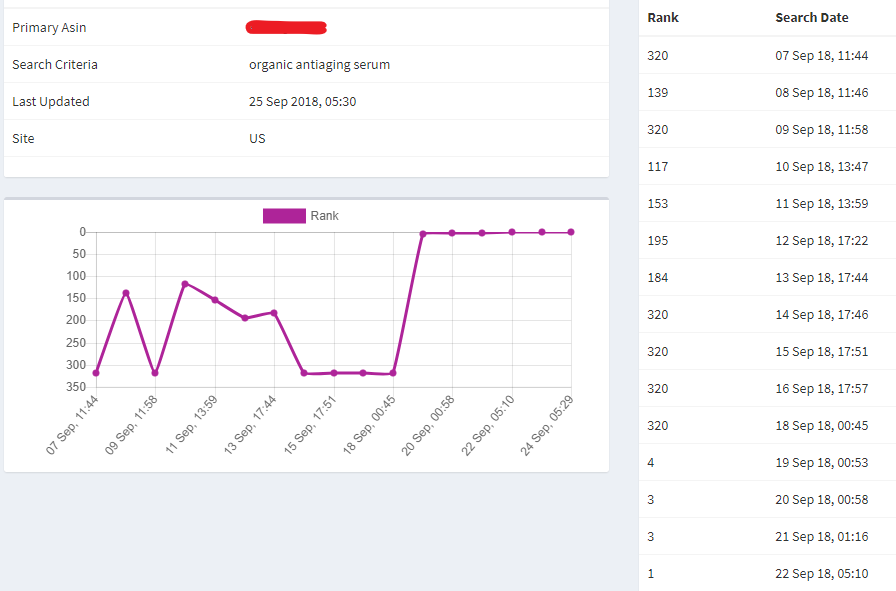
A rising level may indicate a return or continued growth of the cancer.Ī number of conditions that aren't cancerous can cause an elevated CA 125 level, including: If you've been diagnosed with ovarian, endometrial, peritoneal or fallopian tube cancer, a decreasing CA 125 level often indicates that the cancer is responding to treatment. Your provider may recommend other tests and procedures to determine your diagnosis. If your CA 125 level is higher than expected, you may have a condition that isn't cancerous, or the test result could mean that you have ovarian, endometrial, peritoneal or fallopian tube cancer. Ask your provider when you can expect to know your results. The results of your CA 125 test will be provided to your health care provider, who will discuss the results with you. You can return to your usual activities immediately. The blood sample is sent to a lab for analysis. What you can expectįor a CA 125 test, a member of your health care team takes a sample of blood by inserting a needle into a vein, usually in the hand or arm.

If your blood is being tested only for CA 125, you can eat and drink as usual before the test. A procedure to remove a sample of cells for testing may be needed to confirm the diagnosis. Other tests that may be helpful in evaluating these cancers include a transvaginal or pelvic ultrasound, serum human epididymis protein 4 (HE4), CT, and MRI. If your health care provider suspects that you may have ovarian cancer or another type of cancer, you may undergo additional tests. Regular monitoring of CA 125 has not been shown to improve outcomes for those with ovarian cancer and may lead to additional and unnecessary rounds of chemotherapy or other treatments. Rising CA 125 levels may indicate that ovarian cancer has come back after treatment. An elevated level of CA 125 could prompt your provider to put you through unnecessary and possibly harmful tests. And no evidence shows that this screening decreases the chance of dying of ovarian cancer. However, some people with ovarian cancer may not have an increased CA 125 level. Some providers may recommend CA 125 testing combined with transvaginal ultrasound every 6 to 12 months for those at very high risk.

If you have a strong family history of ovarian cancer or you have an inherited gene that increases the risk of ovarian cancer, your provider may recommend a CA 125 test as one way to screen for this cancer. To screen for ovarian cancer if you're at high risk. If you have ovarian, endometrial, peritoneal or fallopian tube cancer, your provider may recommend a CA 125 test on a regular basis to monitor your condition and treatment.īut such monitoring hasn't been shown to improve the outcome for those with ovarian cancer, and it might lead to additional and unnecessary rounds of chemotherapy or other treatments. Your health care provider may recommend a CA 125 test for several reasons:


 0 kommentar(er)
0 kommentar(er)
